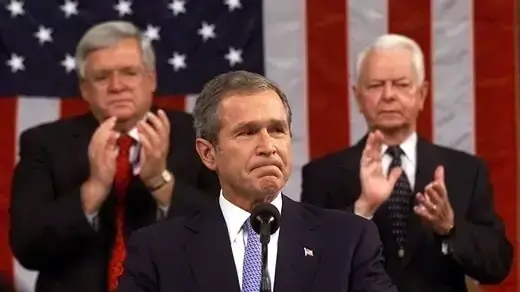In May and June 2002 I oversaw the holding of elections in Kandahar, Helmand, Zabul and Uruzgan. I was the only UN political/civil affairs officer in south-west Afghanistan and had to single-handedly support – I barely had office staff – the Afghan team in charge of organizing the elections. This meant
Continue readingRêverie Politique
This was my submission to an ‘Ideas Festival’ organized by the Full Circle in Brussels from 2-4 December 2022
The human species is like an organism in which each individual is a node connected in dynamic ways to other individual nodes. Like the cells in a body, together we form a super-organism: humanity.
We may wonder whether Agent Smith in the Matrix was right when he characterizes humanity as a cancer exhausting and ultimately destroying its natural environment.
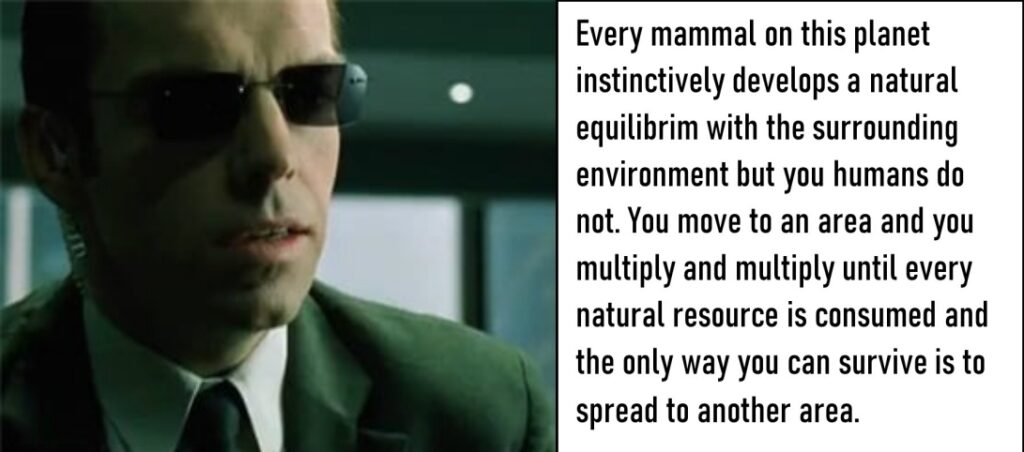
My PhD Process
Lessons from a 50-year-old professional drifter
This text covers my experience writing a PhD in a mid-career phase of my life. The experience is of course specific to me, but it might help other people contemplating this move. I sometimes sought such reflections online, when I felt lost, and rarely found anything useful.
I have not yet defended my dissertation (that will happen on 26 January 2023) so it may be a bit premature to share this experience, but whatever the result of my defence, the trajectory leading to it will remain the same.
Continue readingMother Earth returns through the Milk of her Dreams – Impressions of the Venice Biennale, 2022
Over the past years, most of my visits to contemporary art exhibitions have ended in disappointment. I consider myself an ex-curator: after my last show in 2015 I decided to step out of the art world. I usually tell people I enjoyed working with artists but increasingly disliked the art world, in both its commercial and institutional aspects. But this Biennale has left me inspired and hopeful for the art world – reviving my old hope that artists give creative expression to the deep undercurrents of collective development, giving an indication of where we are heading. This impression was left especially by “The Milk of Dreams” show curated by Cecilia Alemani, but surprisingly also by many of the national pavilions and some of the collateral events.
Continue readingZelensky asks the students of Sciences Po tough questions
On 11 May, the Ukrainian President Volodymyr Zelensky spoke for one hour, through video connection, to the students of Sciences Po; students from other universities were also present. It appears to be the first time Zelensky addresses foreign students since the war began.
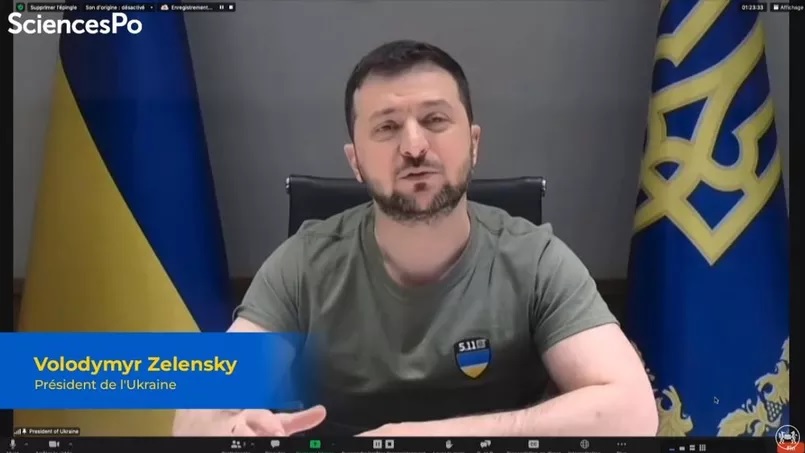
Noting that he had been briefed that at the end of his speech, five students would be allowed to ask a question, he said he found that a bit unfair towards other students, and that he preferred a dialogue. In his 15 minutes introductory speech, Zelensky asked a few pointed questions to the political science students:
Continue readingLa Grande Farce Démocratique
Alors les Français, vous avez voté? Avez-vous l’impression d’avoir participé démocratiquement à élire votre président? Ou alors vous sentez que vous avez été roulé dans la farine? C’est quoi cette farce? Pourquoi on appelle ça une ‘démocratie’?
Pour commencer, on savait depuis longtemps que Macron sera élu pour un nouveau mandat. Tout le monde était d’accord là-dessus. Donc vous savez déjà qui sera votre prochain président: le même que l’actuel. Voilà pour votre capacité d’élire votre chef d’état.
Le spectacle à la télé est en continu, on analyse, on donne des consignes de vote, on spécule sur le second tour, même si on sait déjà qui va le gagner. La démocratie, c’est devenu ça: ce spectacle. Selon les règles de jeu, vous, les Français, vous devez vous rattacher à un des groupes identitaires qu’on appelle ‘partis’. Si vous ne le faites pas on vous accusera de ne pas vous intéresser à la politique, ou de ne pas croire en la démocratie. Voilà pour les 26% qui n’ont pas voté aujourd’hui. Votre refus d’aller voter n’est pas pris pour un geste politique, mais ‘anti-démocratique’, et vous vous êtes mis hors-jeu.
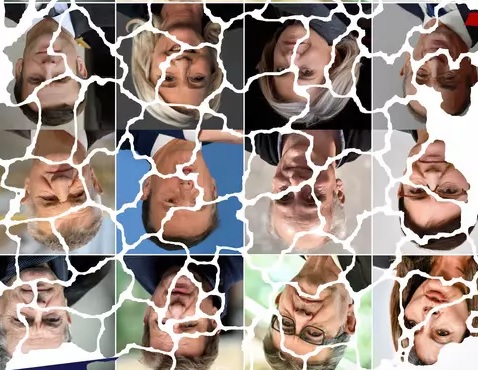
The Sudanese Revolution
Perspectives from Khartoum, March-April 2022
I have come to Khartoum for a cultural mapping. The European Union has decided to expand its support of the Sudanese cultural sector. The EU, wired to support the state of Sudan, has no partner to work with since the military coup of Oct 25, five months ago: it does not recognize the military government. After several months of efforts to help reconstitute a civilian government, the EU delegation in Sudan has decided to increase its assistance program towards the support of civil society. One of the components of civil society is the cultural sector, supported over the past years through EUNIC. I am glad that sometimes the European Union does use its money wisely. My goal is to help them invest strategically into the cultural sector, in a way that builds it up instead of making it dependent on external funding.
As a result I’m in an intense round of consultations with all kinds of actors in this sector. Artists, directors of private organizations, commercial or non-benefit, institutions, researchers… everybody is speaking about the political and economic crisis, and are thinking about what the cultural sector can do to contribute to an outcome. In the following I will present some of their views on the double failure of the state and the economy, and how they are reacting to this crisis now. But first an explanation about the current situation in Sudan.
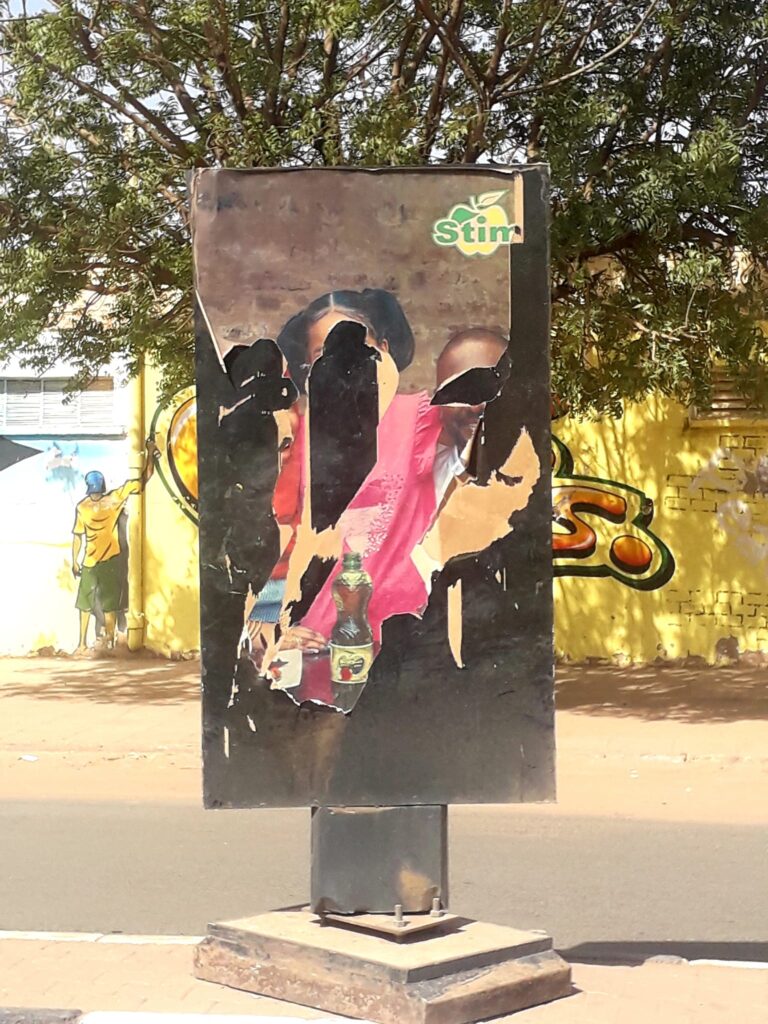
A Plan for the Future of Humanity
The five posts below are the first of a new series called ‘A Plan for the Future’ which I’m publishing on substack. Please sign up here.
1. Time to replace the state
10 March 2022
The world is going up in flames, but our states are getting ready to fight each other. It is time we humans reorganize to get rid of our states. The latest report of the Intergovernmental Panel on Climate Change really pulls on the alarm bell, but our governments seem not to be listening. We should be radically cutting our emissions, reorganizing the global economy and preparing for extreme climate events. Instead, Western governments are rearming, getting ready to pump even more greenhouse gases into our atmosphere, reallocating funds to armies and warfare and doing nothing to curb the growing inequalities in the global economy.
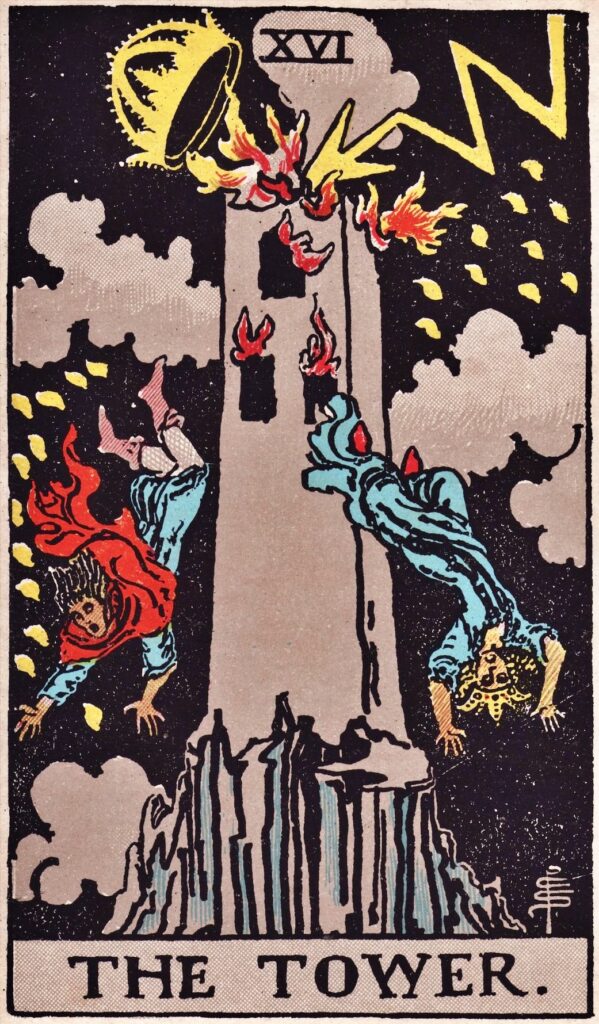
Le Somaliland, la démocratie africaine aux 30 ans d’isolement
For the full article (in French) see The Conversation here. I also gave a 20-minute interview in French on the Belgian Radio programme ‘Au Bout du Jour’ by Eddy Caekelberghs on 28 Feb 2022 (link here)
Il y a trente ans, tandis que la Somalie sombrait dans la guerre civile, la partie nord-ouest du pays a fait sécession. Elle s’est déclarée indépendante sous le nom de Somaliland. Depuis, ce pays a construit un État, un ordre démocratique, sa propre monnaie et une économie. Il a surtout connu la paix, à la différence de la Somalie voisine.
Le Somaliland, grand comme la moitié de la France, est peuplé de trois à quatre millions de personnes. Il commande une position stratégique sur les rives sud du Golfe d’Aden, une des zones majeures du transit maritime mondial.
Depuis trente ans, ce pays cherche la reconnaissance diplomatique, en tant que bon voisin et en respectant les règles internationales. Pourtant, il n’est pas reconnu. Pourquoi ?
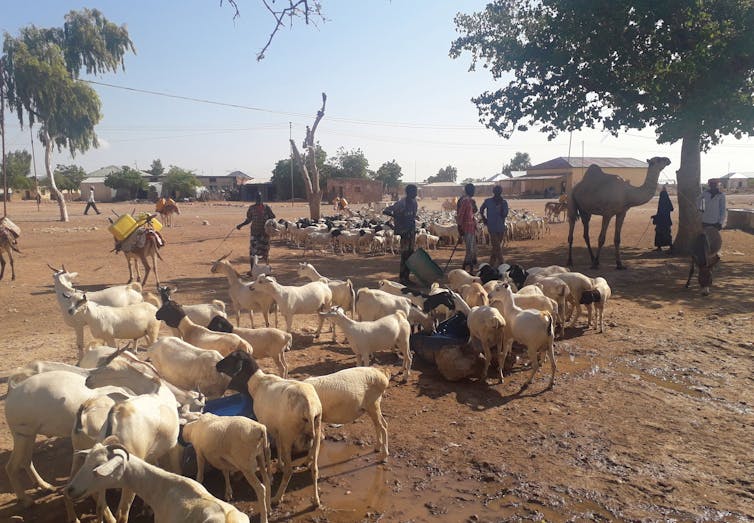
Don’t Look Down! The Western Defeat in Afghanistan and its Consequences
The international intervention in Afghanistan since 2001 has been an outright disaster. After twenty years of chaos and warfare, the Taliban have returned to power. NATO members spared no expense: despite the most sophisticated warfare technology and special forces straight out of a Hollywood movie, they were defeated by men with Kalashnikovs on motorbikes. The US invested a trillion US dollars, and the rest of the world probably an equivalent amount, but the Afghan economy is in shambles and its population on the brink of starvation. Where did that money go? Not a single person in a prominent position in Western countries has been held accountable for what appears to be a giant scam, mostly in favour of the US Defense Industry and the private military sector.
Instead, the people and institutions involved in Afghanistan have moved on, and one barely hears about the country any longer. Whatever happens there now is considered the fault of the new government. Has anybody paused to think about this disaster, and try to draw some lessons from it? A public process in the democratic arena whereby accountability is sought and responsibilities assigned would help, at the very least, prevent a similar catastrophe occurring somewhere else.
There are other good reasons to reflect about what happened in Afghanistan. A new type of state has emerged within the current world order, and it may soon be joined by others. Simply ignoring it – ‘Don’t Look Down’ – is not a solution, nor is dealing with it by military means or by cutting it off from global financial circuits. A growing community of global citizens disenchanted with the current world order (not only ‘jihadis’) are extracting lessons from this defeat. That they cannot be seen or heard in Western centres of power (including mainstream media) does not mean they don’t exist.
